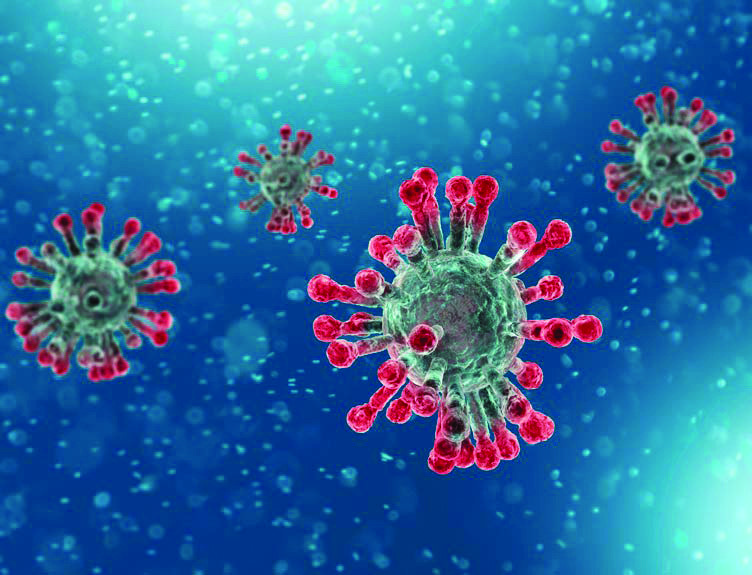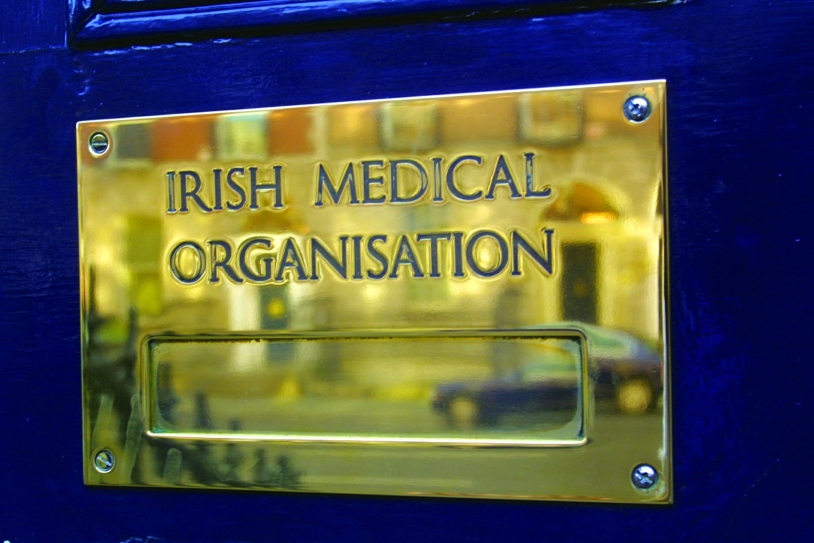Almost 120,000 Covid-19 contact tracing calls were logged by the HSE in October, the busiest month for contract tracing teams since the pandemic began, the Medical Independent (MI) can report .
The number of calls surged to its highest ever in October as Ireland experienced its second wave of the virus, with in excess of 1,000 cases per day, every day, for more than two weeks.
Before the wave in October, April had been the busiest month for contact tracing calls, HSE records show.
The HSE made 119,234 calls in October and 36,901 this month (as of 19 November), according to HSE data. Information on calls in August and September was unavailable.
The HSE uses an IT system, the Covid Care Tracker (CCT) to facilitate call handling.
The system has to date recorded more than 311,000 calls since it went live in mid-March, but this figure is an under estimate of the total volume of calls, as the system did not capture all call activity in the early months.
More than 700 people are available for contact tracing to work across from 8am to 8pm, seven days a week, more than double the numbers available in September. Included in this number are redeployed staff from the public service and HSE.
Around 290 people were “available” to conduct contact tracing in September, according to the HSE.
Over 500 new contact tracers have been hired and recruitment will continue until 800 contact tracers are in place, which will occur in December, according to the HSE.
As recruitment brings in more staff, employees on loan or redeployed to contact tracing are returning to their substantive roles.
“In addition to the 800 hired contact tracers, the HSE will have an escalation process of trained people, who can be redeployed to support contact tracing, at short notice, should be the need arise,” according to a HSE spokeswoman.
Separately, HSE data shows that between the 19 May and the 15 November 82 per cent of close contacts of confirmed Covid-19 infections attended their day zero test, and 62 per cent attended their day seven test.
Close contacts of positive cases are routinely tested by the HSE on day zero and day seven.
“It is important to note that failure to attend does not necessarily mean a refusal to attend. There are many reasons why a person may not have attended, including seeking an alternative appointment but forgetting to cancel the original; a person may have become symptomatic and contacted their GP, and not cancelled their other test; or may be too unwell to attend,” a HSE spokeswoman told MI.
Most of the challenges around compliance relate to difficulties in how to self-isolate rather than refusals to comply, according to the HSE.
“The vast majority of people who receive a contact tracing call indicate their willingness to comply with the public health advice. There are special circumstances where this can be particularly challenging, such as a person who is a single parent, or other in similar caring roles. There can also be challenges with getting people to comply with the requirement to receive two tests, once they are confirmed as a contact of a confirmed case. Sometimes these calls can take time, as the person needs to be persuaded of the public health imperative.”
The HSE has developed a service improvement plan for its contact tracing programme, which includes the introduction of source identification tracing for all routine cases.













Leave a Reply
You must be logged in to post a comment.